Sharing Innovations

"Each hospital within the WHA community has its own unique story about how they have been striving to deliver excellence in care for women and newborns in the face of these challenges."
Barb Vernon, Chief Executive Officer WCHA
Examples of member innovations
There are too many excellent presentations to mention them all, but some highlights include:
Assessing Alcohol Consumption in Pregnancy using AUDIT-C
Presenter: Tracy Reibel, Murdoch University, VIC
The AUDIT-C project was commissioned by the Telethon Kids Institute and funded by the WA Department of Health. Tracy Reibel, Senior Research Fellow at Murdoch University, explained that the evidence shows that women aren’t receiving consistent advice about the use of alcohol in pregnancy from health professionals. Midwives have the clinical relationship to contribute to reducing foetal alcohol spectrum disorder, therefore the self-directed AUDIT-C Learning Guide was developed for midwives to improve their knowledge, understanding and effective use of the screening tool.
Neonatal Hypoglycaemia
Presenters: Karen Lawrence and Carla Saunders, Royal North Shore Hospital, NSW
Neonatal Hypoglycaemia (NH) is one of the most common reasons for a healthy term or near-term neonate being admitted into the NICU. The Royal North Shore Hospital (NSW) has implemented a new guideline to manage NH through a 12-month project which includes first line management and second line management.
Outcomes of this project by RNSH NSW include:
- 60% decrease in NICU admissions from NH.
- 94% success rate of managing NH on maternity ward with Oral Dextrose Gel.
- 37 neonates were prevented from unnecessary NICU admission, with a saving of $166,500
- Neonates experiencing less pain through fewer heel stab blood tests.
- Increased chance of successful breastfeeding by reducing separation.
Understanding women's experiences of suicidality in the perinatal period
Presenter: Dr Laura Biggs, Murdoch Children’s Research Institute, VIC
Even though women during pregnancy and after birth have regular contact with their care providers, suicide remains to be the leading cause of maternal death in Australia in this period. The ‘Making Sense of the Unseen’ study, a collaboration between Murdoch Children’s Research Institute, James Cook University and PANDA, aims to understand women’s experiences of suicidal thoughts during pregnancy and the following 12 months. The study allows care providers to understand how to help women and families impacted by suicidality in the perinatal period. Dr. Laura Biggs, a Research Officer at MCRI, explained that there was a central theme of ‘shame’ and ‘psychological isolation’ identified from this study, prompting the need for a better understanding of this phenomenon to identify and introduce effective suicide prevention measures.
Birthing in Our Community (BiOC)
Presenters: Prof. Yvette Roe and Prof. Sue Kildea, Charles Darwin University, NT
The BiOC Program aims to reduce the gap in maternity and birthing outcomes experienced by Aboriginal and Torres Strait Islander families in South East Queensland by providing a culturally appropriate pregnancy care model for Aboriginal and Torres Strait Islander women. This program commenced in 2013 at the Mater Mothers Public Hospital on the lands of the Yuggera and Turrbul people and showed clinical effectiveness of providing co-designed, continuous, and culturally safe maternity care.


